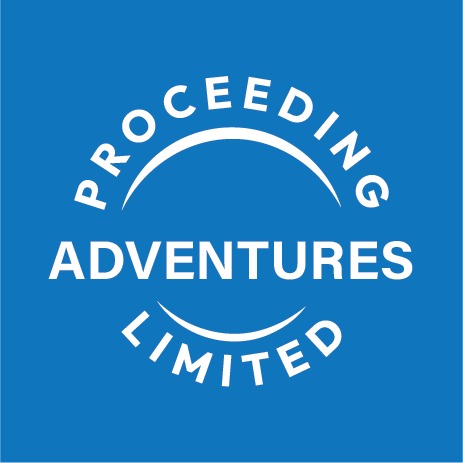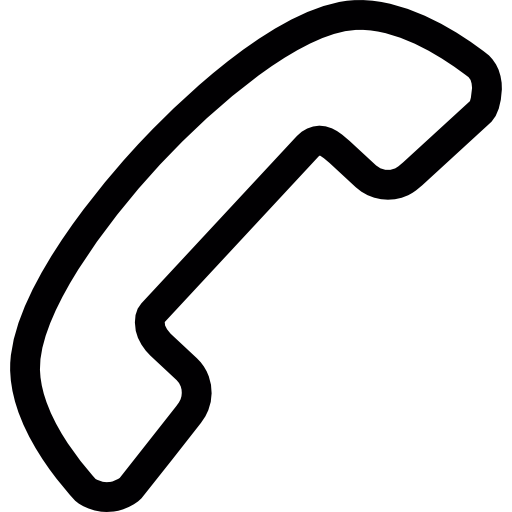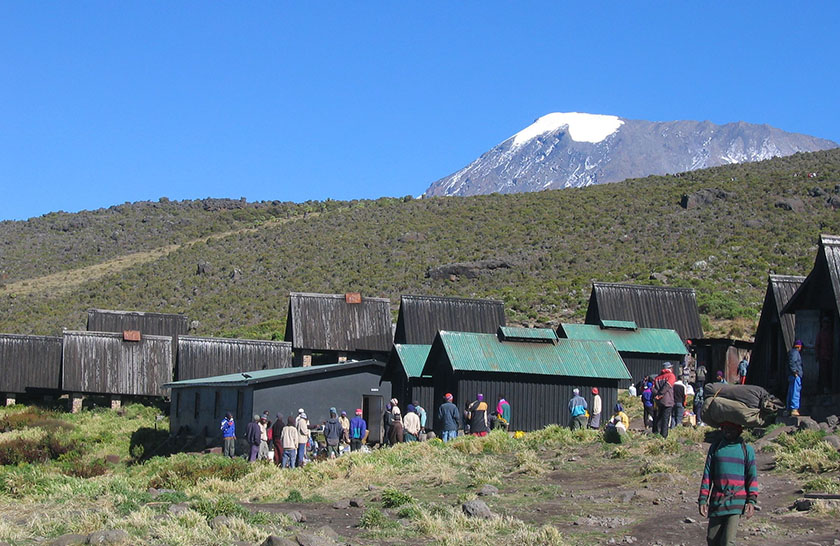For anyone not taking the Marangu route to Kilimanjaro, sleeping in tents is going to be a way of life on your journey to the summit of Mt. Kilimanjaro. Here are some things to expect during your time at Kilimanjaro campsites:
KILIMANJARO CAMPSITES - WHAT TO EXPECT

1. Night time is going to be colder than you expect. On our first night in Mti Mkubwa Camp at 2650 meters on the Lemosho route, we were already surprised at how cold it was—a brisk 5 °C (41 °F). We slept in layers even the first night. Bringing your own warm sleeping bag liner to complement the sleeping bag provided by Proceeding Adventures Limited will go a long way towards helping you stay warm at night. It may also be a good idea to pack an aluminum bottle that can be filled with warm water before you sleep at night or even a hot water bottle. A warm balaclava that covers your face comfortably at night will also be a great help.
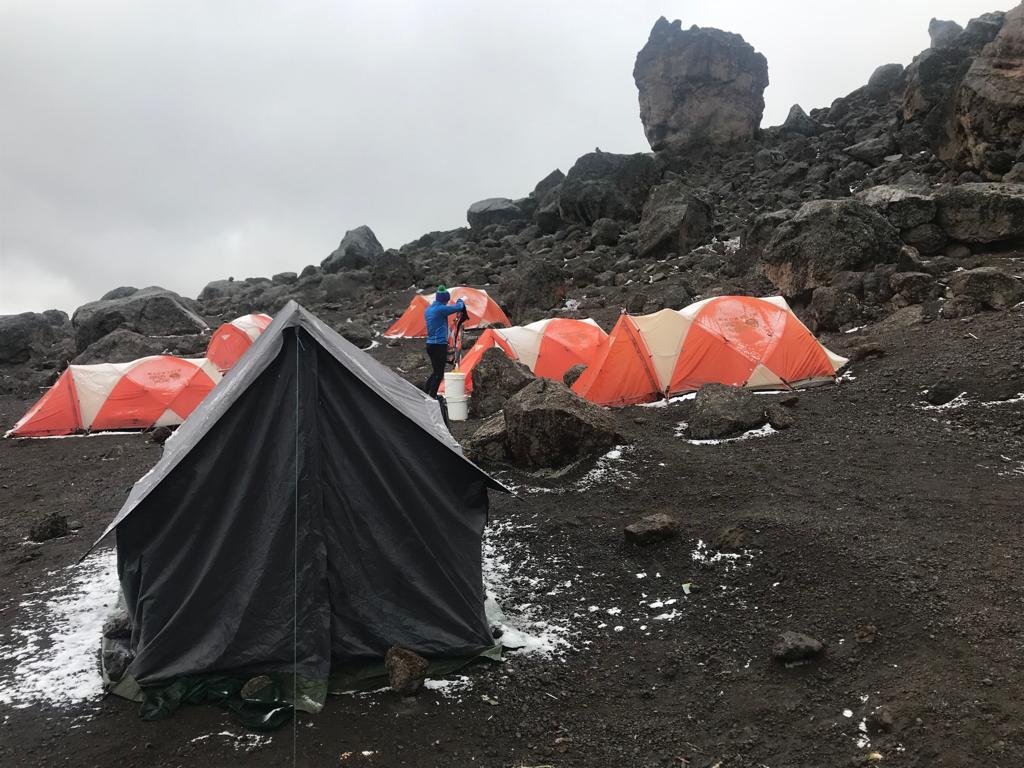
2. The bathrooms are either going to be a hole in the ground with just enough space to balance your feet on both sides or the rocks near your tent in the middle of the night. If you’ve never used a squat toilet before, get prepared because this is, unfortunately, the only type of toilet that exists at campsite apart from the special single-tent-toilets that are transported by deluxe trekking agencies. Don’t expect the bathrooms to be clean, but there will always be squat toilets available in a covered building of some guide, usually divided by gender and sometimes divided by “tourists” and “porters.” You will get used to walking to the designated bathroom or using the rocks. Some websites will advocate bringing a pee bottle so that you don’t have to leave the tent, but that is up to you.

3. You will need to sign in once you arrive at each campsite at the big wooden building. In order to track the movements through the national park, all trekkers are required to sign their names in a book at each campsite upon arrival, providing their names, ages, occupations, nationality, number of people, guide name, and signatures. One team member can sign in for the whole group, which can be helpful when there is a line for signing in. Passport numbers are not required.

4. Breakfast and dinner will be served in the “mess tent” by one of the assistant guides or cook. Campsite meals are pretty simple and may start to feel repetitive by the last day, but it will be the fuel you need to get up the mountain and it will be very important to eat as much as you can. Vegetarian options are possible, and non-vegetarians will be served fish and chicken with some beef (although beef becomes harder to digest at higher altitudes). Breakfast consists of a millet-based porridge, fried eggs, a piece of toast with jam and butter along with your choice of coffee, tea, or even Milo. Lunch and dinner usually starts with a soup followed by a main dish such as rice, pasta shells, spaghetti, or a hearty potato stew with sauce to add flavor. Fruit including watermelon, bananas, and mangos will also be served. One of the trekkers in our group brought a hemp-based protein powder, which all of us stirred into our breakfast porridge every morning and we believe that this proved to be very helpful for our energy levels each day (especially on summit day).

5. Water will get refilled after breakfast and dinner every night. Bring your empty water bottles and camelbaks to the mess tent for breakfast and dinner and an assistant guide will refill your bottles for you with clean water. No water tablets will be required.

6. Your wake-up call by an assistant guide each morning will be 30 minutes before breakfast each morning. I found that I needed 45 minutes and would set my alarm earlier so that I was also packed and ready to go, but it depends how you want to prepare for your hike each day. When the assistant guide comes to wake you, he will also bring a bowl of warm water for washing your face and hands. Try to use the water while it’s still warm. You will also receive a bowl of warm water about 30 minutes before dinner.

7. Our advice: stop drinking once you arrive at camp for the night and only have a cup of tea with dinner (hopefully with a rehydration salt as well). Then, wait about 30 minutes to one hour after dinner to use the bathroom before bed and this will hopefully allow you to not need to get up in the middle of the night to use the bathroom (which will seem like one of the most tedious things you can imagine in the middle of a cold night at high altitude). Drink more when you first wake up and start moving instead (1 liter before breakfast if you can). This is easier to manage for using the bathroom at more convenient times.

8. Starry starry night – it’s easy to go into your tent immediately after dinner and never come out again except for a final bathroom break, but don’t miss a chance for stargazing at camp once everyone has finished with dinner. The stars on your journey to Mt. Kilimanjaro will be one of the most beautiful sights you’ve ever seen. Don’t forget to look up!

9. Hand warmers, foot warmers, body warmers – if you can find 12 hr versions of these warmers for your body, these may just save your sleep and your life on the trail and in camp on the coldest nights, especially summit day. I used them as heating therapy for a sore hip on the climb to the summit and would put a body warmer in the bottom of my sleeping bag each night and in my coat pocket to stay warm.

10. Camping is part of the Kilimanjaro adventure and, while it can feel miserable at times in the unpredictable weather, there is a kind of magic to roughing it on your way to the top. The cold that you feel each night actually gets you ready, in a sense, for the overnight summit and you will quickly slip into a routine at camp each night that should hopefully prepare you for summit success.

popular trek

$ 1500
All-in-all
Kilimanjaro's Marangu Route 6 days
categories
- Kilimanjaro Climb
- Cultural Tourism
- Safari
- Trekking Health
- Tourism Town
- Birds Watching
Travel Information
Oldonyo Lengai Volcano Hiking. Aratati Hiking Arrival & Visas. Staying Healthy. Meet the Team.Start planning your climb by contacting one of our adventure specialist
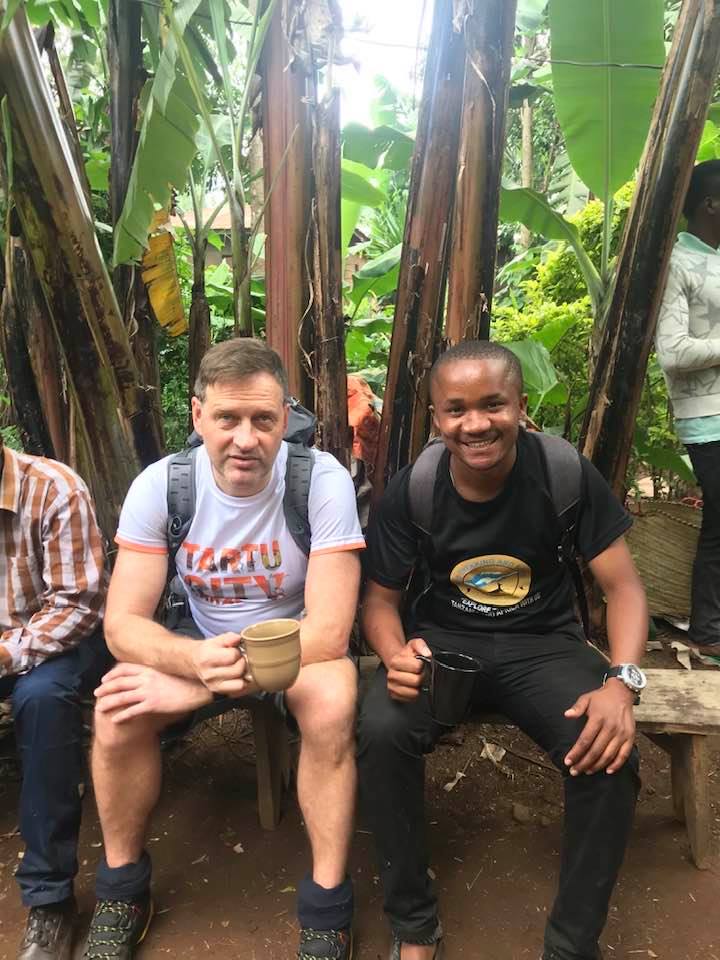
Fredy Mkonyi
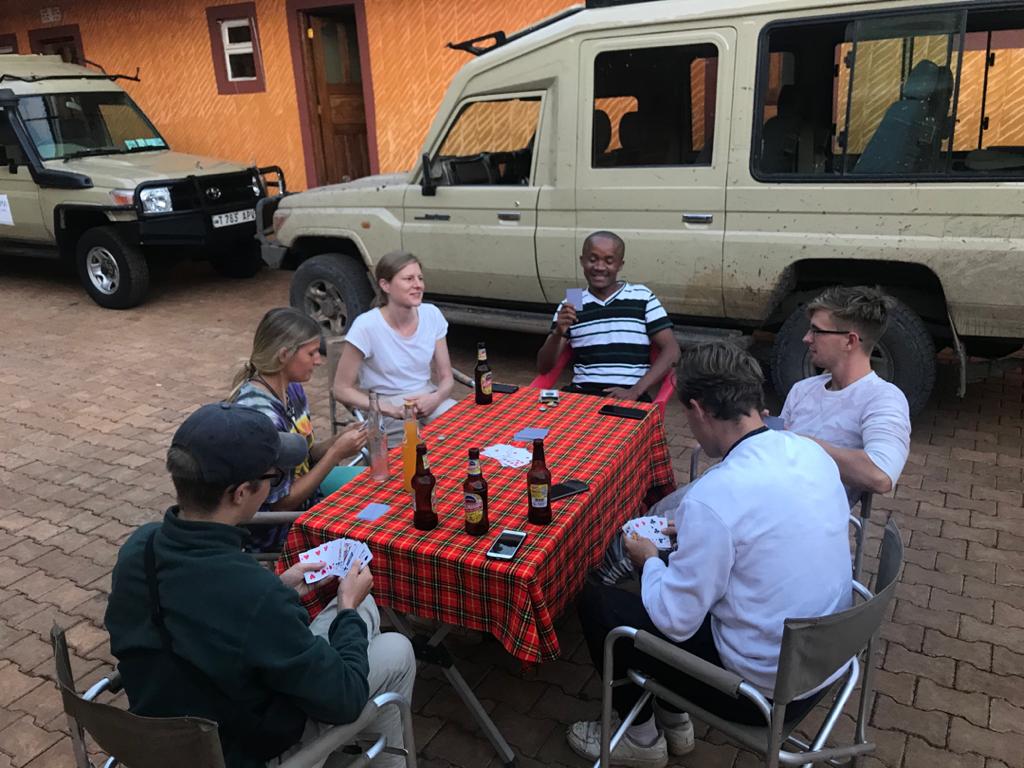
CEO Fredy and our visitors
 EN
EN CH
CH ES
ES DE
DE RU
RU
 FR
FR
 ET
ET
